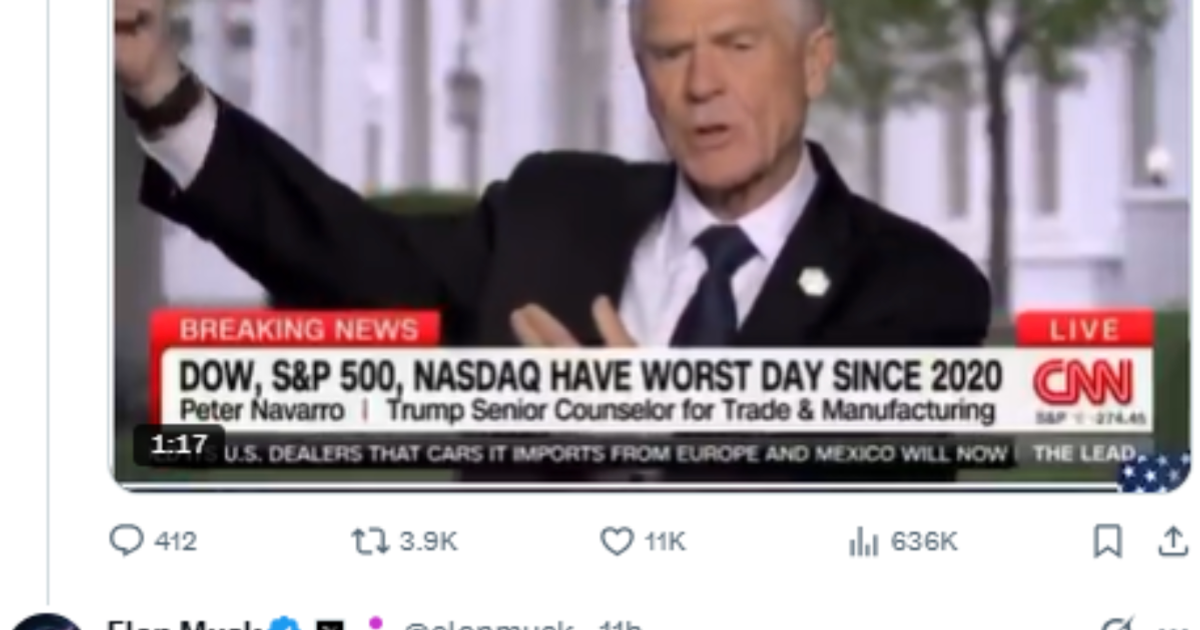
The Clash of Titans: Free Trade vs. Protectionism in the Age of Musk
The ongoing debate surrounding free trade versus protectionism has once again taken center stage, this time featuring an unlikely pairing: the visionary entrepreneur Elon Musk and a prominent figure from the Trump administration known for his protectionist stance. The conflict highlights a fundamental disagreement about the best economic path for the United States, and indeed, the global economy.
Musk, a staunch advocate for free markets and global collaboration, has openly criticized the protectionist trade policies implemented during the previous administration. His recent public statements represent a significant escalation of this long-simmering tension. He argues that erecting trade barriers – such as tariffs and quotas – ultimately harm consumers, stifle innovation, and limit economic growth. His vision centers around a vast, largely unrestricted free trade zone, a concept that stands in stark contrast to the more isolationist approach favored by some.
The core of Musk’s argument rests on the belief that open markets foster competition, driving down prices and leading to greater efficiency. He envisions a globalized marketplace where goods and services flow freely, fostering innovation and allowing companies to specialize in what they do best. This, he contends, results in a more prosperous world for everyone. The increased competition, while potentially disruptive to some established industries, would ultimately benefit consumers through lower prices and a wider variety of choices. Furthermore, he argues that such a system promotes global cooperation and reduces the likelihood of conflict, fostering a more interconnected and peaceful world.
On the opposing side of this ideological battle is the protectionist viewpoint, often associated with a belief in prioritizing domestic industries and jobs. The argument is that free trade can lead to job losses in certain sectors as companies relocate production to countries with lower labor costs or less stringent regulations. Proponents of protectionism advocate for measures like tariffs to protect domestic industries from foreign competition, safeguarding jobs and bolstering national security. They believe that a certain level of government intervention is necessary to ensure the health and stability of the domestic economy, even if it means sacrificing some degree of economic efficiency.
This clash of ideologies isn’t simply an abstract debate; it has real-world consequences. The debate reflects broader discussions about the future of globalization, the role of government in the economy, and the balance between national interests and global cooperation. The implications extend beyond simple economic calculations, impacting geopolitical relationships, international collaborations, and the overall health and stability of the global economy.
Musk’s outspoken criticism, while undoubtedly provocative, serves as a powerful reminder of the ongoing tensions between these two fundamentally different approaches to economic policy. His call for a vast free trade zone represents a bold vision for the future, one that challenges the status quo and necessitates a broader public discussion about the best path forward. The success or failure of such an ambitious plan hinges not just on economic principles, but also on the political will and international cooperation necessary to overcome existing barriers and foster a truly globalized marketplace. The debate, far from being settled, is likely to continue to shape economic policy and global relations for years to come. The clash between these competing visions highlights the inherent complexities and challenges of navigating the ever-evolving landscape of the global economy.



Leave a Reply